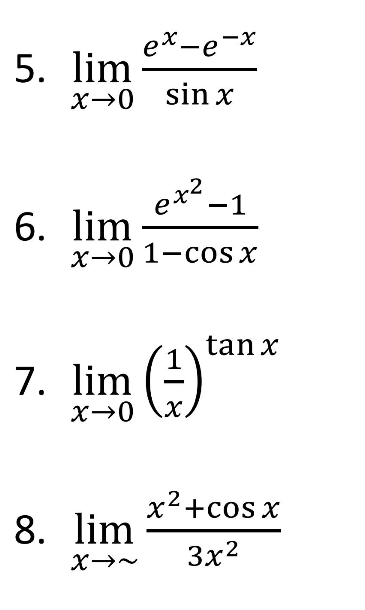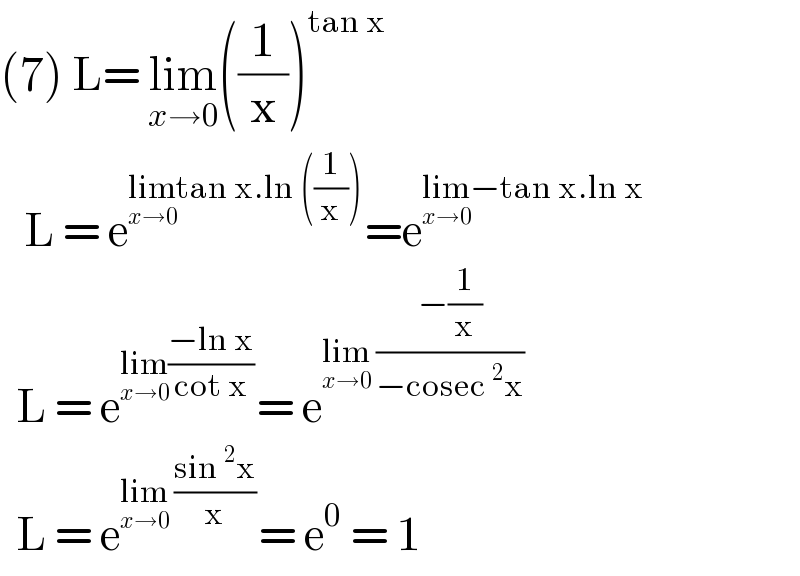
Question and Answers Forum
Question Number 112866 by bemath last updated on 10/Sep/20

Answered by bobhans last updated on 10/Sep/20

Answered by Dwaipayan Shikari last updated on 10/Sep/20

Answered by Dwaipayan Shikari last updated on 10/Sep/20

Answered by mathmax by abdo last updated on 10/Sep/20

Answered by mathmax by abdo last updated on 10/Sep/20

Answered by mathmax by abdo last updated on 10/Sep/20

